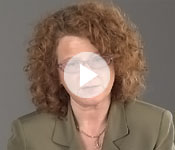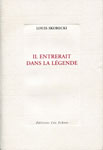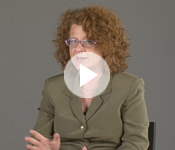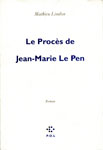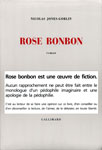Fictional Offences?
How can we define the limits of creation? What territories should fiction occupy? How free is a creator? These are the questions posed at many trials against works of literature.
The use of elements of reality, explicitly named – places, people, incidents that took place – to nourish a fictional work has also given rise to legal squabbles.
After several trials and condemnations, publishers and writers organized a petition to change the law and create a ‘literary exception’ in order to protect the freedom to create and to publish (Le Monde, April 4, 2003).
But this ambition has not gone uncontested. The philosopher Ruwen Ogien sees this ‘literary exception’ as a ‘chic or noble way of accepting censorship’. Books possessing literary qualities would not be subject to a ban.
But ‘Where are the experts who can judge literary quality? At the Académie française? The members of the literary prize juries assembled in a congress?’.
(Les Inrockuptibles, May, 14-20, 2003)

